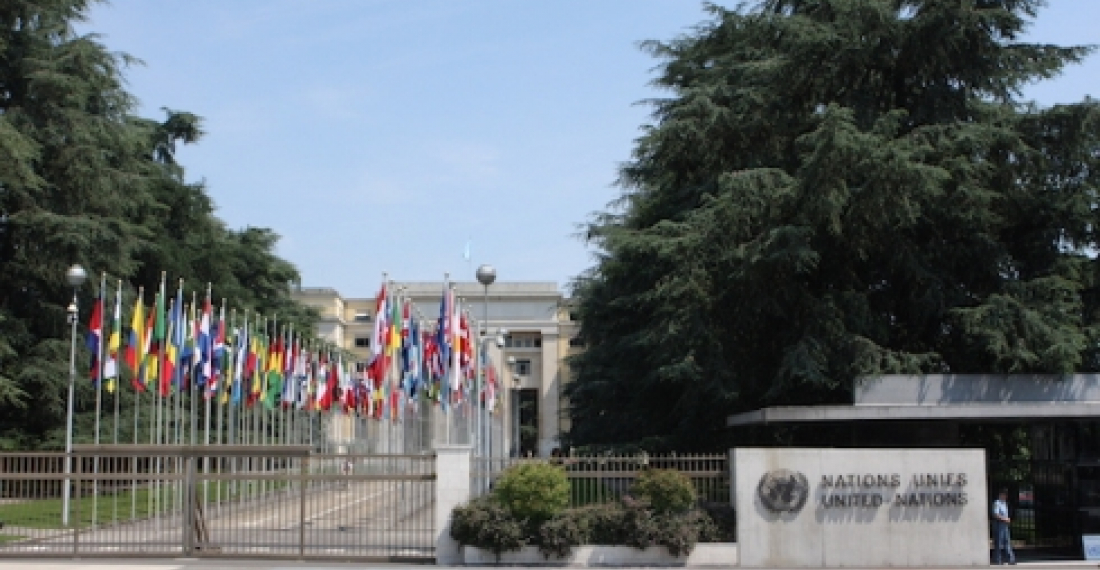В четверг, 16 июня, в Женеве состоялся очередной раунд международных переговоров между представителями Грузии и де-факто властями Абхазии и Цхинвальского региона.
Переговоры прошли в напряженной обстановке, ввиду убийства 19 мая на т.н. административной границе гражданина Грузии, Гиги Отхозория. Грузия обвиняет абхазские власти в том, что они не реагируют должным образом на данной инцидент, требуя уголовного преследования обвиняемого лица." "К сожалению, представители оккупационного режима [абхазские власти] не предоставили никакой ценной информации по этому делу," говорится в заявлении МИД Грузии.
Заместитель министра иностранных дел Грузии Давид Дондуа сообщил, что абхазская сторона проявила "безответственный подход" к этому делу". Он сказал, что все участники переговоров даже с российской стороны, призвали абхазскую сторону к аресту предполагаемого преступника.
По словам заместителя министра иностранных дел РФ Григория Карасина, "встреча прошла напряженно и остро, но в допустимых пределах... В результате взыскательного разговора по некоторым практическим вопросам было достигнуто продвижение вперед".
В ходе 36-ого раунда переговоров сопредседателями которых являются представители ЕС, ООН и ОБСЕ, стороны также обсудили вопрос перемещенных лиц.
"Делегации Абхазии и Южной Осетии заявили в этой связи резкий протест, потребовали исключения пункта о беженцах из повестки дня Женевских дискуссий...", - говорится в заявлении МИД РФ.
Грузинская же сторона заявила о том, что это "указывает на их неконструктивный подход в отношении прав человека и гуманитарных вопросов, а также к общим принципам Женевских переговоров."
Следующий раунд переговоров запланирован на 4-5 октября.
источник: commonspace.eu по материалам агентств
фото: Штаб-квартира Организации Объединенных Наций в Женеве






